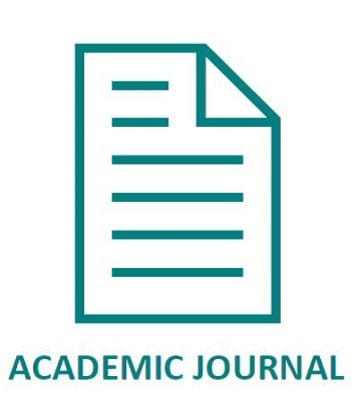Strategic planning of urban infrastructure for environmental sustainability: Understanding the past to intervene for the future
Abstract
Urban infrastructure systems have long lifespans and influence the state of the environment for extended periods of time. Processes of strategic planning for urban infrastructure are thus instrumental to materializing environmental sustainability visions. Continued investments in infrastructure with adverse environmental impacts imply that sustainability priorities are not embedded in planning processes, as these processes tend to follow the path-dependent legacy of older planning paradigms. This study identifies the cognitive framings that underpin the evolution of strategic planning over the last century, to reveal the path-dependent attributes of strategic planning thinking that undermine alternative solutions. To do that, a scoping study of the literature on strategic planning of public infrastructure, from 1900 through 2013, was conducted. The findings reveal how the scholarly paradigms for infrastructure planning have transformed over time, from optimization to sustainability. While the planning practice in cities has often taken up the sustainability discourse in line with the scholarship, its actual attributes might lag behind. Knowledge about these attributes is scarce since the contemporary scholarship often contains aspirational proposals for change and little detail on how planning is undertaken in practice. It is likely that the incremental approach to infrastructure planning, which has been the dominant approach for decades, perpetuates a planning culture which contradicts the requirements for sustainability transitions, by limiting the scope of alternatives to optimizing the status quo instead of creating conditions for change. To develop effective planning interventions towards sustainability transitions in urban infrastructure systems, the paper calls for diagnostic tools that examine the realities of planning practice, and, operational frameworks for bridging historically-entrained modes of practice to sustainability aspirations.
Note: Journal articles and conference papers (and links where available) are available under open access arrangements where possible. Otherwise please contact your institution’s library, the authors, or publishers to organise full access.
